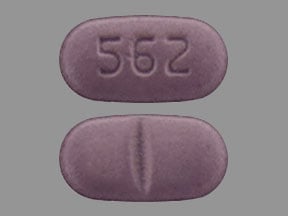
My prescription
Edit
0.6MG, Colchicine (30 Tablets)
Select pharmacy

CVS
$19.54
COUPON PRICE
Walmart
$11.18
COUPON PRICE
Walgreens
$13.98
COUPON PRICE
Albertsons
$18.85
COUPON PRICEColchicine savings card
Show this card to your pharmacist
Walmart
$11.18
BIN
ID
PCN
GRP
019876
LH5660C537
CHIPPO
LHX
Powered by
More prescriptions for gout
More prescriptions for gout
Price history for Mitigare (brand) & Colchicine (generic)
30 Tablets, 0.6MG
Average retail price for Mitigare
Average retail price for Colchicine
Average SaveHealth price for Colchicine
Our price history data is based on aggregated prescription data collected from participating pharmacies in America. Our prescription data updates daily to reflect the latest price changes. If you notice a missing data point, it means there wasn't sufficient data available to generate a monetary value for that date.
We analyzed Colchicine prices for (0.6MG, 30 Tablets) over the last 12 months. The average retail price was $93.30, while the average price using the SaveHealth discount card was $22.64. That's a savings of approximately 75.73% when using our Colchicine coupon.
Compared to the generic version, Mitigare had an average price of $233.64 over the same time period. With the SaveHealth savings card, Colchicine is 90.31% cheaper on average than Mitigare.
*Retail prices are based on pharmacy claims data, and may not be accurate when we don't have enough claims.
Colchicine dosage forms
Dosage Quantity Price from Per unit 0.6MG 30 Tablets $11.18 $0.37 0.6MG 3 Tablets $3.37 $1.12 0.6MG 60 Tablets $18.96 $0.32 0.6MG 90 Tablets $26.55 $0.29 0.6MG 180 Tablets $33.72 $0.19
| Dosage | Quantity | Price from | Per unit |
|---|---|---|---|
| 0.6MG | 30 Tablets | $11.18 | $0.37 |
| 0.6MG | 3 Tablets | $3.37 | $1.12 |
| 0.6MG | 60 Tablets | $18.96 | $0.32 |
| 0.6MG | 90 Tablets | $26.55 | $0.29 |
| 0.6MG | 180 Tablets | $33.72 | $0.19 |
